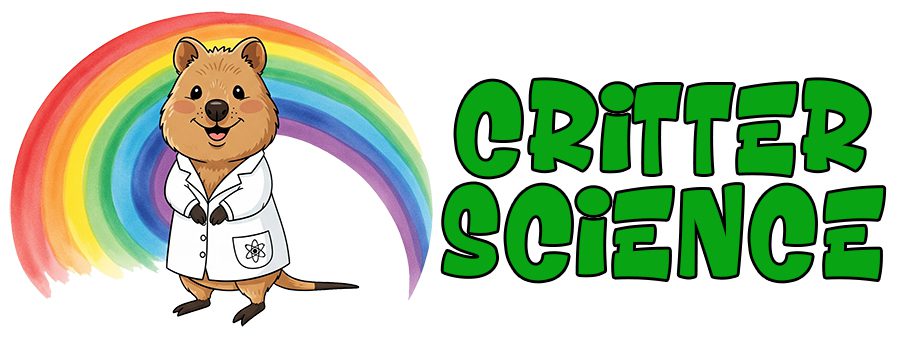- Zoology
- Ecology
- Sustainability
- Animal Behavioral Patterns
- What are Species?
- About the Critterman
- Daily Critter Facts
- For Teachers
- Study Guides
- Diseases & Parasites
- Contact


Water pollution, the contamination of water bodies such as rivers, lakes, oceans, groundwater, and even drinking water, is a critical global crisis with far-reaching implications for human health, aquatic ecosystems, and economic stability. It occurs when harmful substances—chemicals, microorganisms, industrial waste, or wastewater—are discharged into water without adequate treatment, thereby degrading its quality and making it unfit for designated uses. This pervasive environmental challenge is primarily a result of unchecked human development and insufficient environmental safeguards.
The Effluents of Industry
One of the most significant sources of water pollution is industrial discharge. Factories, manufacturing plants, and processing facilities often release untreated or inadequately treated wastewater directly into nearby rivers and lakes. This effluent can contain a toxic cocktail of heavy metals, organic pollutants, acids, and other hazardous chemicals, which can persist in the environment for long periods, accumulating in the food chain and posing severe health risks to both aquatic life, the animals that drink from said water source, and humans.
The Ever-Reaching Effects of Agriculture
Agricultural runoff is another major contributor to water contamination. The widespread use of synthetic fertilizers, pesticides, and herbicides in modern farming leads to their leaching into groundwater and being carried by rainwater into surface water bodies. These chemicals can cause eutrophication in lakes and rivers, leading to algal blooms that deplete oxygen, creating “dead zones” where aquatic life cannot survive. Livestock ranching also contributes through animal waste, which can introduce pathogens and excess nutrients.
Sewage
Untreated or poorly treated domestic sewage is a common source of water pollution, particularly in developing regions. Wastewater from homes, businesses, and public facilities often contains human waste, detergents, and other household chemicals. When discharged without proper sanitation, it introduces pathogens, organic matter, and nutrients into water bodies, leading to the spread of waterborne diseases and ecosystem degradation.
Urban Sprawl comes with Consequences
Urban runoff, often overlooked, significantly impacts water quality. Rainwater flowing over paved surfaces in cities picks up pollutants such as oil, grease, chemicals, trash, and sediments from roads, construction sites, and urban landscapes. This contaminated runoff then drains into storm sewers and ultimately into local water bodies, carrying a diverse array of pollutants that harm aquatic environments.
The Oil Industry…
Oil spills, though often localized, can have devastating short-term and long-term impacts on marine and coastal ecosystems. Accidental releases from oil tankers, offshore drilling platforms, or pipelines can spread across vast areas, coating wildlife, destroying habitats, and contaminating fishing grounds. The cleanup process is often lengthy, expensive, and never fully restores the affected environment.
The Dire Ramifications
The effects of water pollution are dire for both the environment and human populations. Aquatic ecosystems suffer immensely, with species extinction, habitat destruction, and disruptions to food webs. The biodiversity of rivers, lakes, and oceans is drastically reduced, undermining the natural balance that sustains these vital environments.
The Human Aspect
For humans, contaminated water poses a severe public health threat. Drinking or coming into contact with polluted water can lead to a host of illnesses, including cholera, typhoid, dysentery, and hepatitis. Long-term exposure to chemical pollutants in water can result in chronic diseases, organ damage, and even cancer, particularly affecting vulnerable populations with limited access to clean water.
The Economics
Economically, water pollution can devastate industries reliant on clean water, such as fishing, tourism, and agriculture. Cleanup efforts are incredibly costly, diverting resources that could be used for development. The loss of freshwater resources due to pollution also exacerbates water scarcity issues globally, impacting food production and economic growth.
What Needs to be Done
Addressing water pollution requires a concerted, multi-pronged approach. Investing in robust wastewater treatment infrastructure for both industrial and domestic sewage is fundamental. Implementing stricter regulations and enforcement mechanisms to control industrial discharges and agricultural runoff is also crucial, promoting sustainable practices.
Furthermore, public awareness campaigns are essential to educate individuals about responsible waste disposal and the impact of their daily actions on water quality. Promoting water conservation, developing greener infrastructure for urban runoff management, and investing in research for innovative remediation technologies are all vital steps.
In Conclusion…
Safeguarding our water resources is a collective responsibility that demands proactive policy-making, technological innovation, and a fundamental shift in societal attitudes towards environmental stewardship. By recognizing water as a finite and invaluable resource, and by working collaboratively, we can strive to restore the health of our planet’s waters, ensuring a sustainable and healthy future for all.
